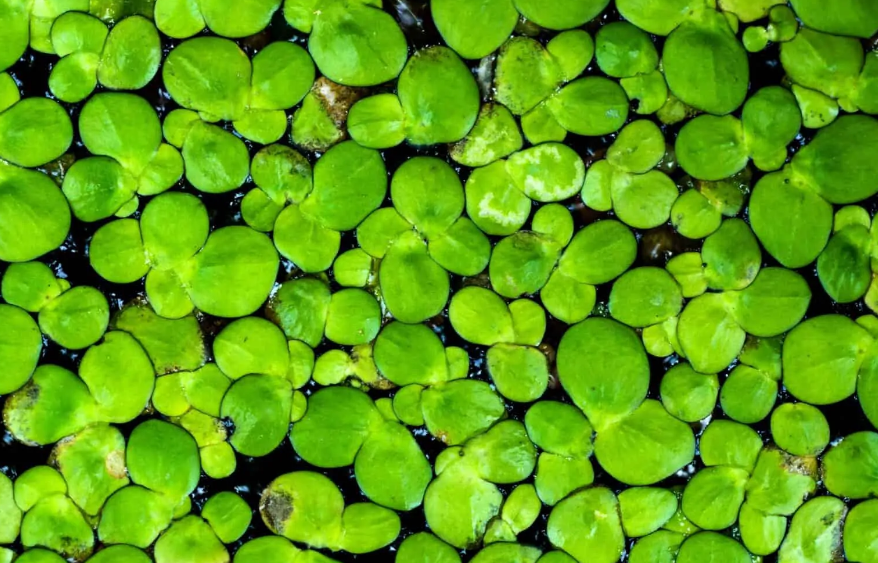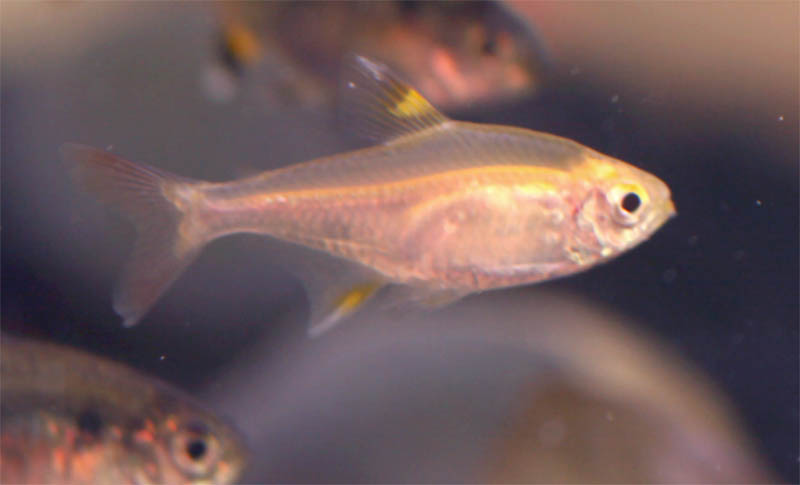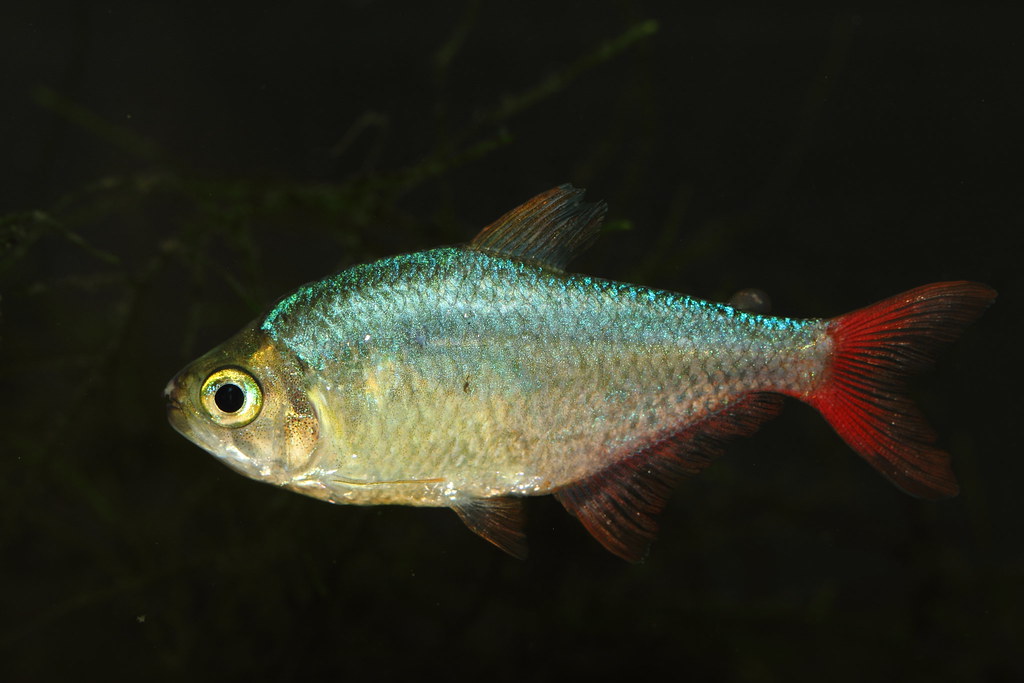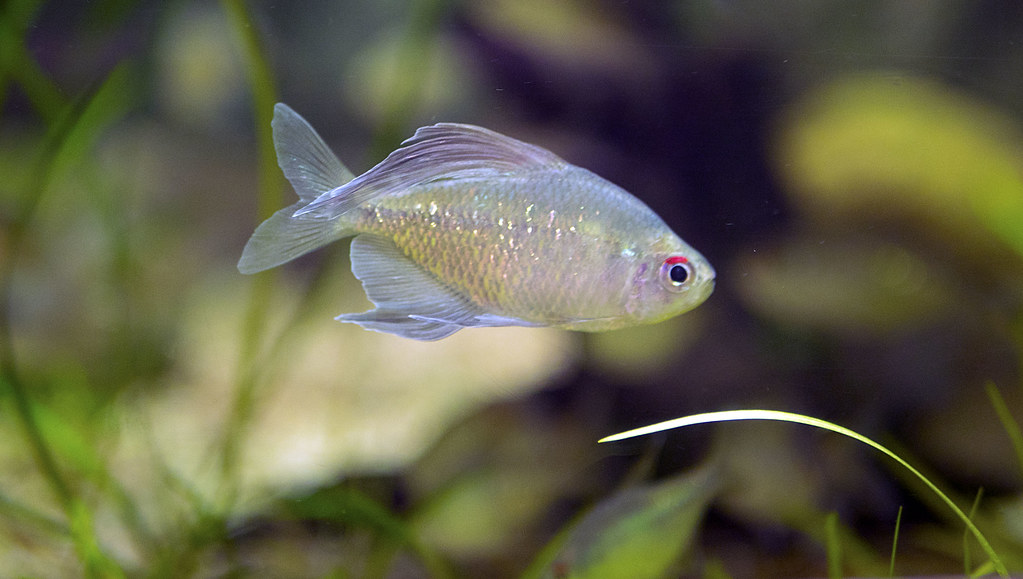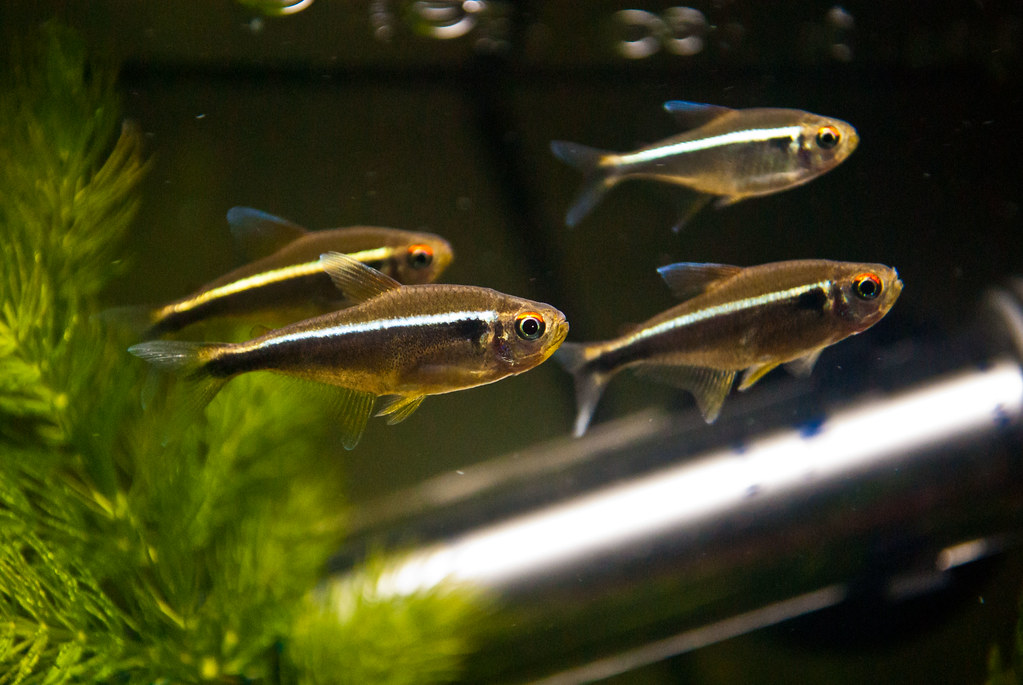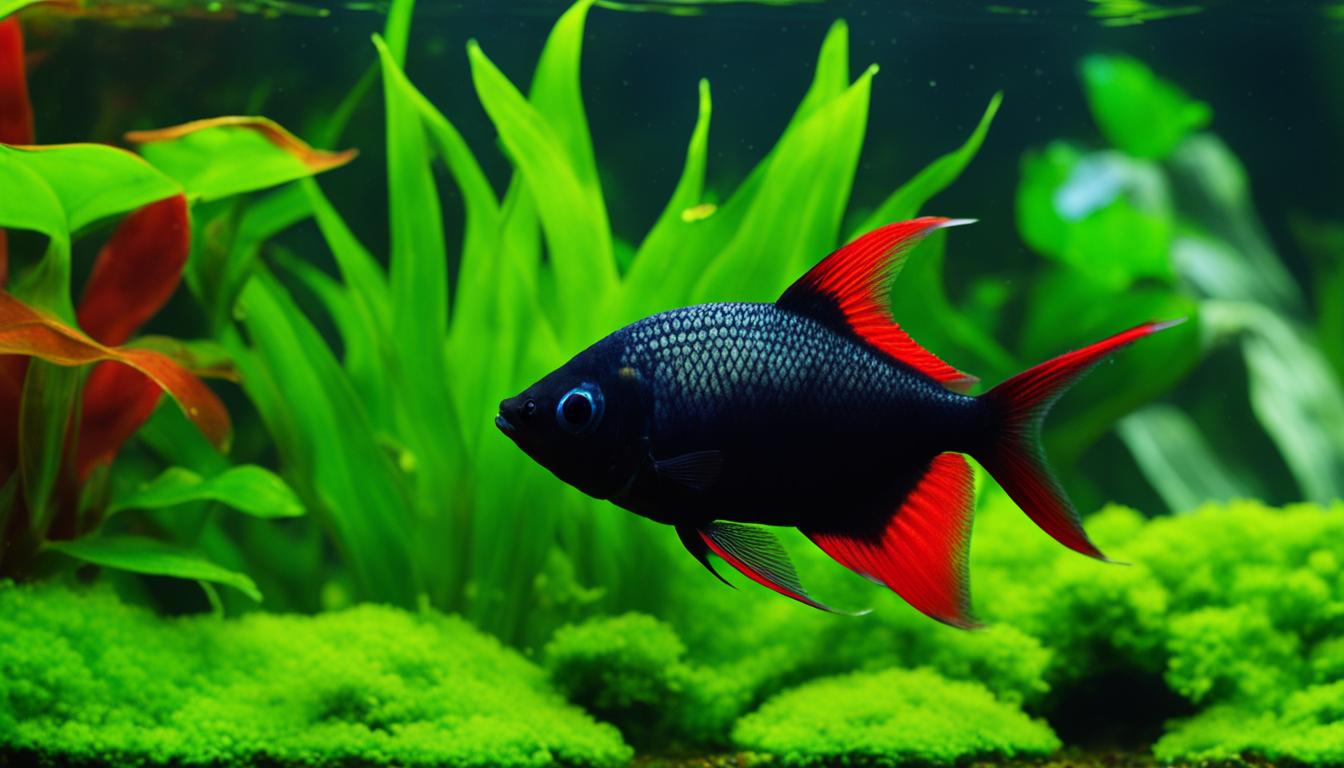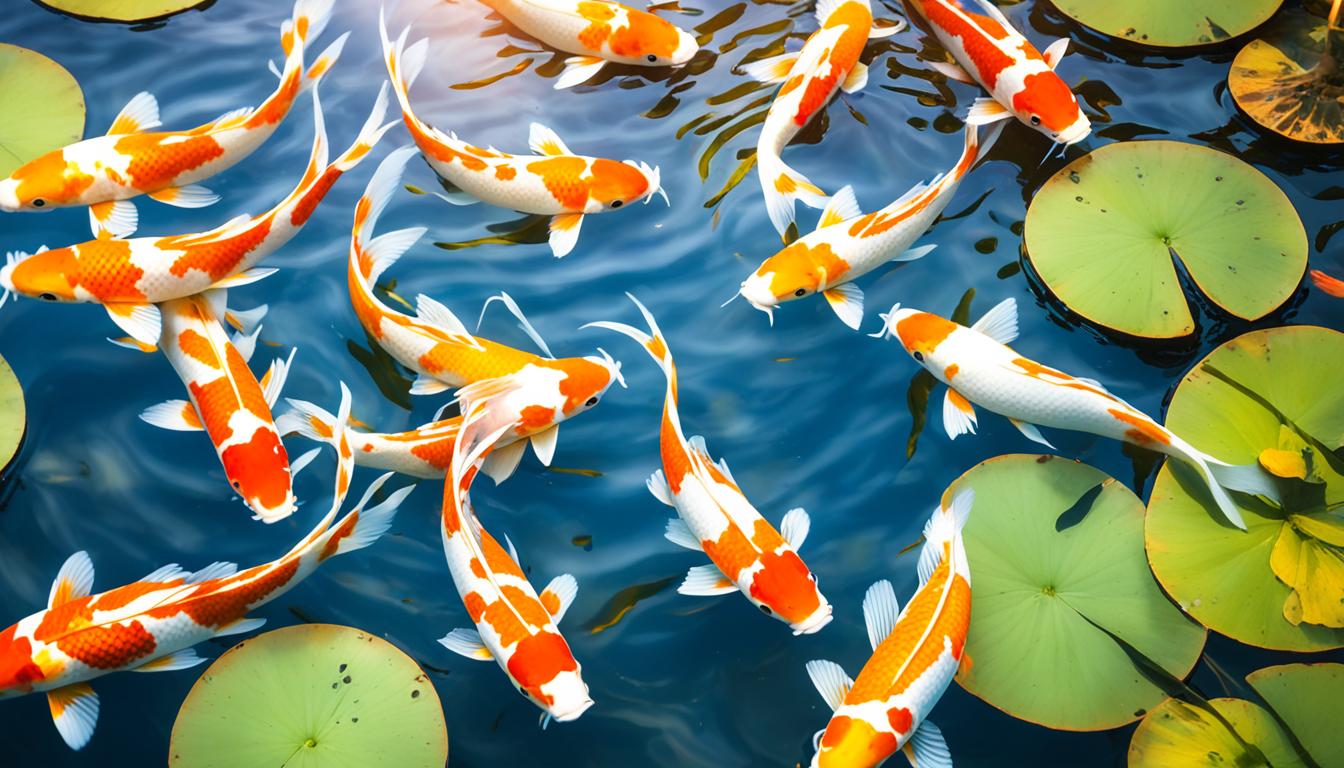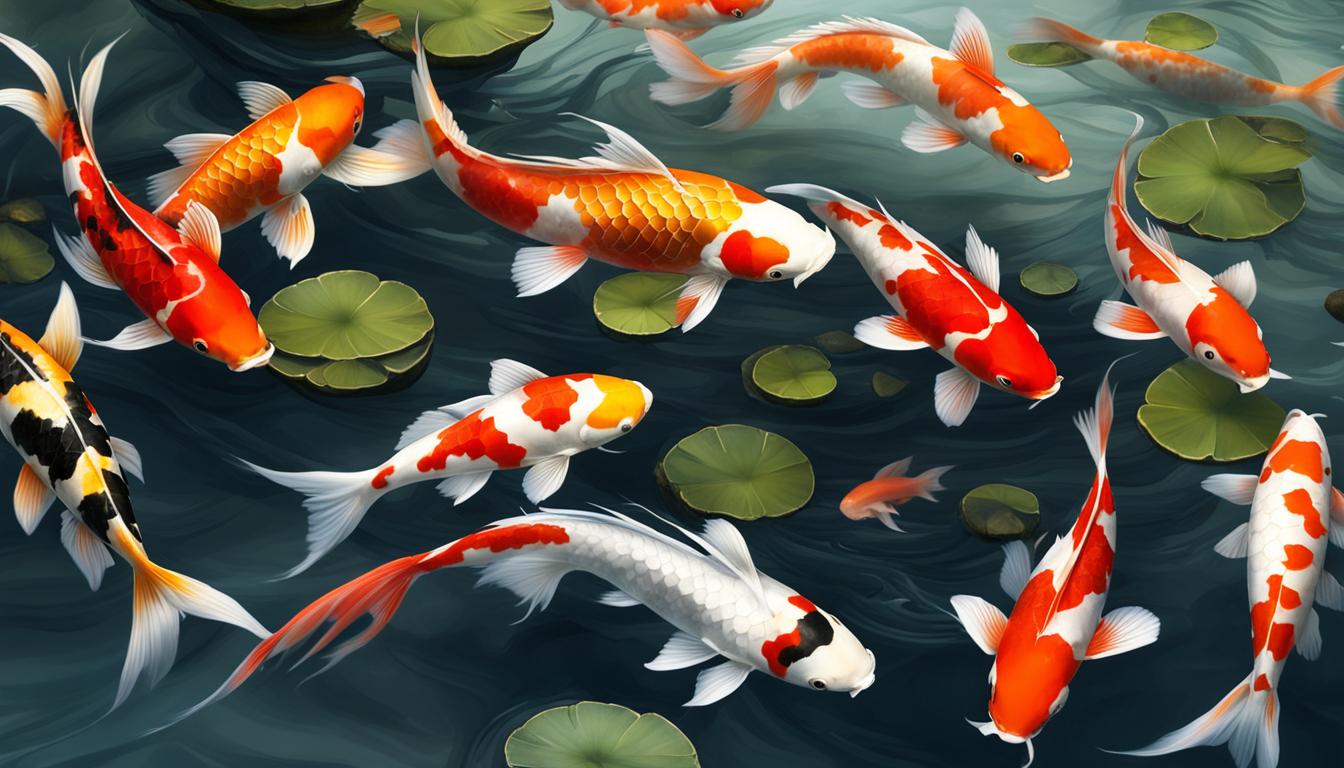Is Duckweed Good for Bettas?: Duckweed is a good food source for bettas and other fish, as it is a fast-growing, tasty treat that adds nutritional value to their diet without causing harm. However, it can also pose challenges if left unchecked, such as overgrowth and blocking out light to the plants and fish below.
Therefore, caution should be exercised in its use in betta tanks. Additionally, bettas also benefit from other types of water plants such as Java fern, Anubias, Hornwort, and Water Sprite, which provide hiding places and oxygen-rich environments. Overall, duckweed can be a beneficial addition to betta tanks if managed properly.
Table of Contents
Introduction To Duckweed
Duckweed, a fast-growing plant, is a popular choice for betta fish tanks. It serves as a tasty treat for fish and can be beneficial to the tank’s ecosystem. Bettas, along with other fish species like mollies, koi, goldfish, grass carp, and tilapia, enjoy eating duckweed.
It is easily accessible and can be purchased from various sources. However, it is important to note that duckweed can also have some drawbacks. If left unchecked, it can quickly cover the surface of the tank, blocking light and hindering plant growth.
Despite this, many betta fish owners still appreciate the benefits that duckweed provides, such as its ability to absorb nutrients. In conclusion, the decision to add duckweed to a betta tank should be carefully considered to ensure a balanced and healthy environment for both the fish and the plants.
Why Duckweed Is Beneficial For Bettas
Duckweed is incredibly beneficial for bettas for several reasons. Firstly, it provides a natural food source, allowing bettas to forage and mimic their natural feeding behavior. This can result in healthier and more active bettas. Secondly, duckweed enhances the aquarium environment by improving water quality.
It acts as a natural filter, absorbing excess nutrients and helping to maintain a balanced ecosystem. Additionally, duckweed promotes overall betta health by providing cover and shade. Bettas appreciate hiding spots, and duckweed provides them with places to rest and feel secure.
It also adds a natural aesthetic to the tank, creating a more visually appealing environment. In conclusion, incorporating duckweed into a betta tank brings various benefits for both the fish and the aquarium ecosystem.
The Nutritional Value Of Duckweed For Bettas
Duckweed is an excellent source of nutrition for bettas due to its high protein content. It is rich in essential nutrients, vitamins, and minerals that are beneficial for their overall health. Bettas, along with other fish species, find duckweed especially delicious and can thrive on it alone.
Adding duckweed to their tank can provide a natural and nutritious food source. However, it is important to monitor its growth carefully, as it can quickly spread across the water’s surface, blocking light to the plants and fish below. With proper maintenance, duckweed can be a valuable addition to a betta tank, promoting a healthier aquarium environment.
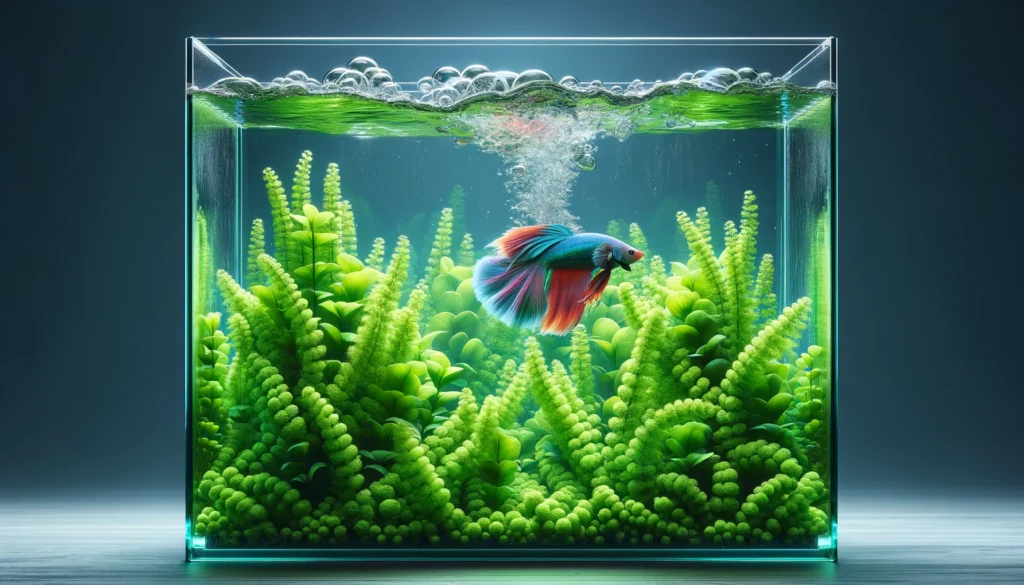
How Duckweed Benefits Bettas’ Health
Duckweed, a popular floating plant, offers numerous benefits to bettas. Firstly, it improves digestion and nutrient absorption. This is crucial for maintaining the health of bettas, as it allows them to efficiently extract nutrients from their food. Additionally, duckweed boosts the immune system of bettas, making them more resistant to diseases and infections.
Lastly, it enhances their vibrant coloration, making them visually appealing and vibrant. With these advantages, including duckweed in a betta tank can contribute to the overall well-being and appearance of the fish. However, it’s important to monitor its growth, as it can multiply rapidly and cover the surface of the tank, potentially blocking light to other plants and fish below.
Ideal Conditions For Duckweed In Bettas’ Tanks
Duckweed is beneficial for bettas, providing ideal conditions in their tanks. Optimal lighting and temperature requirements are necessary for duckweed to thrive. Suitable water parameters, such as pH and nutrient levels, should be maintained for successful growth. To control its growth, regular maintenance and trimming are necessary.
However, if left unchecked, duckweed can quickly cover the surface of the tank, blocking light to other plants and fish below. It is essential to strike a balance to prevent overgrowth. Despite its rapid spread, duckweed is not harmful to bettas or other aquatic creatures when managed properly.
In fact, many fish enjoy eating duckweed as it is a tasty treat. Overall, adding duckweed to betta tanks has multiple benefits, including oxygenation, hiding spots, and a natural aesthetic.
Potential Risks And Precautions Of Duckweed For Bettas
Duckweed can be a beneficial addition to betta tanks as it serves as a nutritious treat for the fish. However, there are potential risks and precautions to consider. One concern is the overgrowth of duckweed, which can quickly cover the tank’s surface and block out light for other aquatic plants below.
This can hinder their growth and overall health. It is important to monitor and control the growth of duckweed to prevent it from becoming invasive. Regularly trimming and removing excess duckweed can help maintain a balanced ecosystem in the tank.
Additionally, it is crucial to provide other types of plants in the betta tank to ensure a diverse habitat and sufficient oxygen supply. Some good options include Java fern, Anubias, Hornwort, and Water sprite. Overall, while duckweed can have benefits for bettas, careful management is necessary to avoid potential drawbacks.
Other Floating Plants Suitable For Bettas
Duckweed is a popular floating plant for bettas, but there are other options to consider as well. When it comes to alternative floating plants, there are a few important factors to consider. In terms of benefits, duckweed is known for its fast growth and ability to provide shade and cover for bettas.
However, there are other options that offer similar benefits. Some recommended floating plants for bettas include Hygrophila difformis, Waterweeds, Coontail, Leptochilus pteropus, and Marimo. These plants can also provide hiding places and resting spots for bettas, as well as oxygen-rich environments.
It’s important to note that while duckweed can be beneficial, it can also spread quickly and block out light if left unchecked. Careful monitoring and maintenance are necessary to prevent any potential issues. Overall, duckweed and other floating plants can contribute to the overall health and well-being of bettas in an aquarium setting.
Frequently Asked Questions Of Is Duckweed Good For Bettas
Can Betta Eat Duckweed?
Bettas can eat duckweed, as it is a fast-growing and tasty treat that they find especially delicious. Other fish like mollies, koi, goldfish, grass carp, and tilapia also enjoy duckweed as part of their diet. However, duckweed can spread quickly and block out light if left unchecked in an aquarium.
Can I Have Duckweed In A Betta Tank?
Duckweed is okay for betta tanks as it helps keep the aquarium healthy. However, it can grow quickly and block out light if left unchecked.
What Water Plant Is Best For Betta Fish?
The best water plant for betta fish are floating plants such as Duckweed, Java fern, Anubias, Hornwort, and Water sprite. They provide hiding places and oxygen for bettas.
Is Duckweed Bad For Aquarium?
Duckweed is not bad for aquariums. It can be a nutritious food source and help oxygenate the water.
Conclusion
Duckweed seems to be a good food option for bettas as it is a fast-growing and tasty treat that they enjoy. Not only bettas, but other fish like mollies, koi, and goldfish also find duckweed delicious. It can be a great source of nutrition for your betta fish.
Additionally, duckweed has the ability to take in a lot of nutrients, which can help keep your aquarium healthier. However, it is important to keep it in check as it can grow rapidly and cover the surface of the water, blocking out light to the plants and fish beneath.
But overall, with proper management, duckweed can be a beneficial addition to your betta tank. Betta fish also prefer floating plants and large leaves, which provide them with hiding places and places to rest. Some good choices are Java fern, Anubias, Hornwort, and Water sprite, as they provide both oxygen and hiding spots for bettas.
So, consider adding duckweed and other suitable plants to enhance the well-being of your betta fish.
References
International Aquatic Plants Layout Contest (IAPLC)
I am a passionate aquarist with over 30 years of hands-on experience in fishkeeping. My journey began at a young age, collecting fish from the wild and learning through experimentation. Specializing in tropical fish, I bring a deep understanding of the hobby to FishKeepingMadeSimple. The site provides honest, detailed reviews of essential products and accessories to help fellow enthusiasts create the best environments for their fish.

